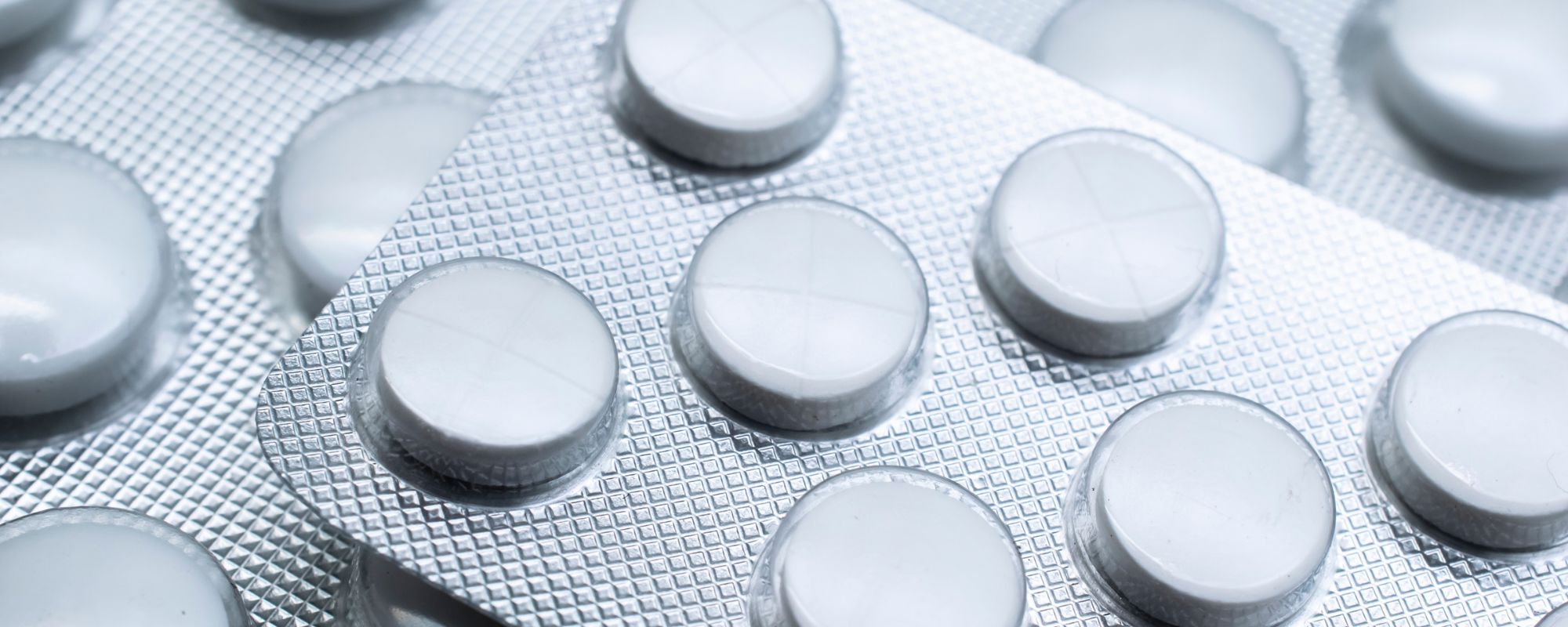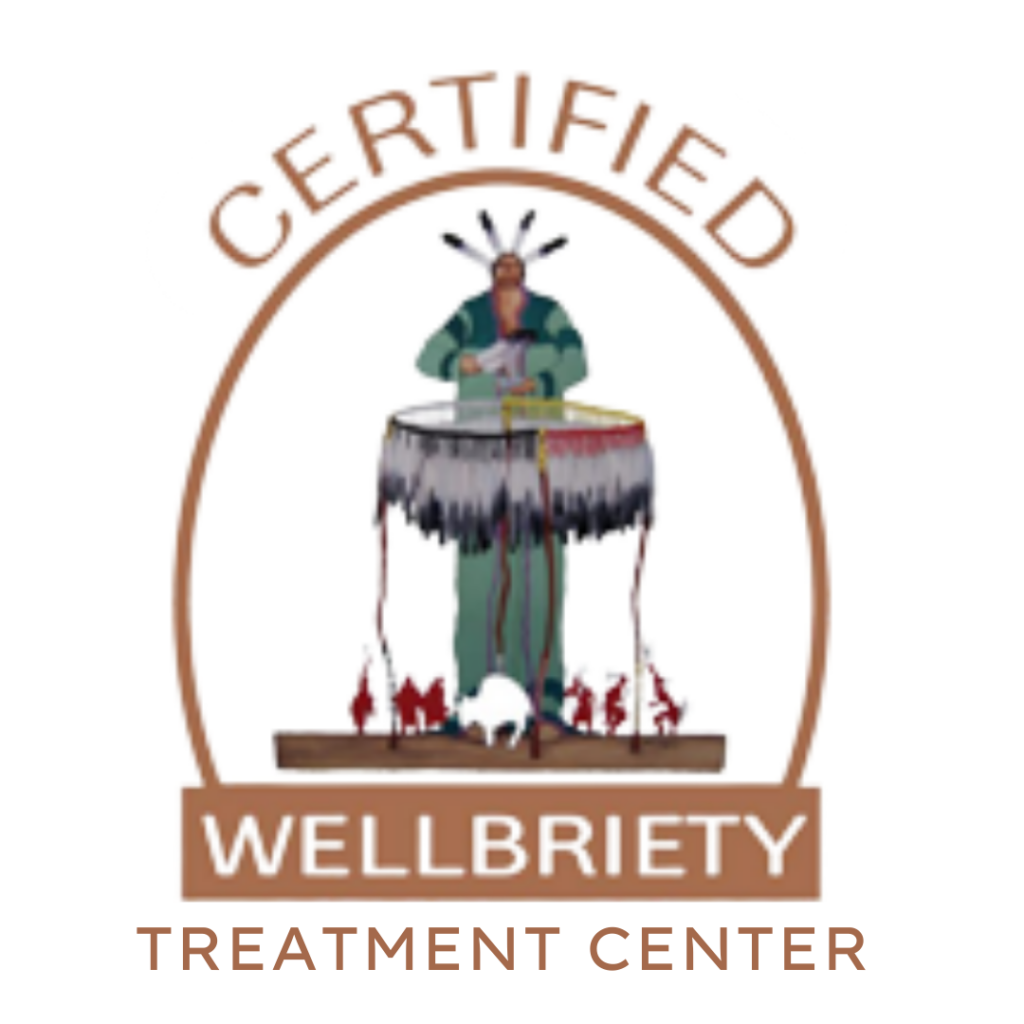Why Is Nutrition Important for Addiction Recovery?
While you overcome the mental and physical cravings, nutrition helps your body repair the damages caused by your addiction. Proper nutrition provides you with energy and stabilizes your brain’s equilibrium, decreasing your fatigue and stress levels. Eating a balanced diet is the first step in experiencing a genuinely comfortable experience within your body.
During early recovery, it’s vital to prevent drug and alcohol cravings and avoid triggers that may result in a relapse. There’s no 100% guaranteed to completely remove the possibility of a relapse. That being said, nutrition elevates your body’s overall health, providing comfort and soothing restlessness in early recovery. Receiving proper nutrition is made easy during recovery at quality addiction treatment rehabs because they provide you with nutrient-rich meals to balance out your dietary deficiencies.
Hydration’s Affect On Nutrition
Drug and alcohol abuse is known for leaving people dehydrated. Alcohol is a diuretic, causing fluid removal within the blood through the renal system (kidneys). Additionally, most abused drugs suppress the need for water, depleting the amount of fluid consumed. In order to properly function, the body requires nutrition from electrolytes found in water and similar hydrating beverages. Substance abuse leads to nausea and vomiting which decreases your electrolyte consumption, damaging your body in the process. Knowing that some people experience a distaste for water during early recovery, there are alternative paths to obtain electrolyte nutrition. Alternative drinks include coconut water, milk, fruit juices, and smoothies. Additionally, sports drinks like Powerade and Gatorade are infused with electrolytes. Invented to provide athletes with digestible carbs and fluids for maximal energy, these drinks benefit your recovering body and nutrition immensely.
Protein
Sources of protein found in both plants and animals contain amino acids that aid in the body’s cell repair. Fish, eggs, and organ meat (liver) are full of chemicals like Tyrosine, Choline, Omega 3’s, and Folate. The nutrition provided by these chemicals aid in the production of serotonin and norepinephrine within the brain. During addiction, drug and alcohol abuse force the brain to produce pleasure hormones at will. Over time, the brain ceases production of these hormones, relying on the drug to force production. As a result, addiction recoverer’s typically experience anhedonia, or the inability to feel pleasure. Proteins retrain the brain to produce serotonin and other neurotransmitters that combat the stress and depression that trigger a relapse. Nutrition from Iron, zinc, and calcium are commonly found in protein that can replenish the deficiencies found in most addicted people.
Fruits and Vegetables
Bananas, strawberries, and avocados and rich in nutrients such as tyrosine, magnesium, potassium, and calcium. These fruits are ripe with nutrition and can boost your mental health by producing serotonin and dopamine. Promoting dopamine and serotonin production is important because they are typically absent in early recovery from drugs and alcohol. The nutrition in these fruits aid in the management of behavior and perception, controlling your mood and preventing anxiety. These, and many other nutrients like B6, folic acid, and beta-carotene, can be found in green leafy vegetables. Leafy veggies are especially beneficial to those who are recovering from alcoholism who typically lack the nutrition they provide.
Beans, Seeds, and Nuts
Nuts and beans provide a healthy source of nutrition that are perfect for on-the-go snacking during recovery. Almonds, cashews, and peanuts contain electrolytes and vitamins such as magnesium, calcium, zinc, B1, B3, and B9. These nuts help to regulate muscle and nerve function, blood pressure, blood sugar, and creat proteins and DNA. Beans, particularly soybeans, are beneficial to your recovering body because they contain Tryptophan, Choline, and Omega 3 fatty acids. The nutrition in these beans ward off disease, aid in memory and focus, and increase serotonin levels in the brain. Key beans are a wonderful source of Folic acid and Selenium. The antioxidant Selenium is vital for drug and alcohol recovery because it aids in detoxification within the body in addition to the restoration of the liver.
Diary and Calcium-Rich Nutrition
Those who suffer from alcoholism are often calcium-deficit. This is because alcohol consumption is detrimental to calcium absorption and depletes the calcium levels within your bones. Addiction treatment research suggests that proper calcium nutrition actually decreases withdrawal symptoms. Consequently, people recovering from alcohol addiction are less likely to relapse when they have calcium-rich nutrition integrated into their addiction rehabilitation. Milk, cheese, and other dairy products are great sources of calcium that also provide phosphate, tryptophan, and tyrosine. Not only do calcium and phosphate work together to strengthen bones but they control how brain cells communicate, regulating your withdrawal response. Tryptophan and tyrosine work together to produce serotonin and norepinephrine, producing motivation and positivity that prevents relapse.
Calcium is in beans, lentils, seeds, soy, and fortified foods like cereal. Calcium nutrition received through non-dairy options can be helpful for the early stages of drug and alcohol recovery because the chances of upsetting the stomach or constipation are lower.
























